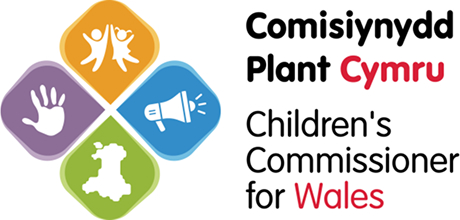Impact Update: Summer 2025
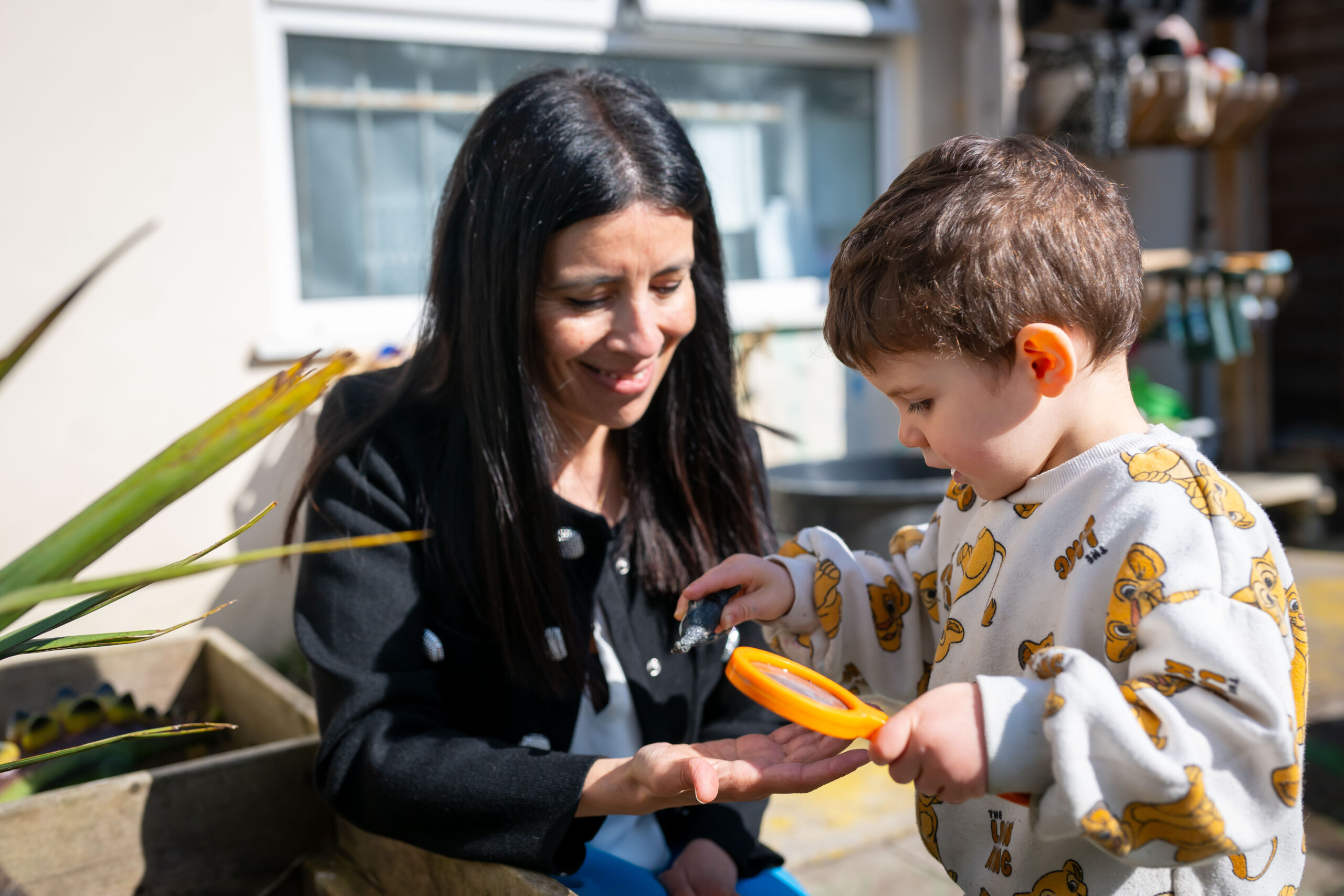
Read the designed version on this PDF
Should smartphones be allowed in classrooms?
Do you know who the First Minister is?
How clean are your school toilets?
These are just some of the questions we’ve asked children and young people over the past year as part of our Monthly Matters resource. Their views on these timely issues have shaped the Commissioner’s consultation responses, helped her to speak out in the media, and prompted follow-up work with children to delve deeper behind the figures. 15,000 children and young people have had their say this year!
Keep reading for summaries of what we’ve heard over the past three months on political literacy, bullying, and screentime. There’s also information about our new position page on behaviour in schools in Wales, our review of participation structures, and reflections from our Advice team on recent casework.
Political Literacy
What children have told us over the past three months
In May, with a year to go until the Senedd election, we asked children and young people where they get their info from on politics, what advice they’d have for politicians in communicating with them, and their awareness of two key political figures. Here’s what we found:
- Young people are interested in learning about what politicians want to change in Wales, but they want to learn about it a way that is engaging, simple to understand, and relevant to them.
- There are high numbers of children who completed the survey consuming news content at school: 68% of primary-aged children said they watch, read, or listen to the news at school, compared to only 34% at home. 75% of children who said they watch, read, or listen to news said they watch the BBC news programme Newsround.
- There is a clear difference between the number of children and young people who recognised the First Minister (8% of secondary and 15% of primary), and the number who recognised the Prime Minister (49% of secondary and 48% of primary) in our snapshot survey. Whilst our results are not nationally representative, they paint a similar picture to previous levels of awareness of devolved politics. As Cardiff University’s Wales Governance Centre concluded in its recent report, there needs to be a concerted and sustained effort to – this must include improving political literacy of children and young people.
Anti-Bullying
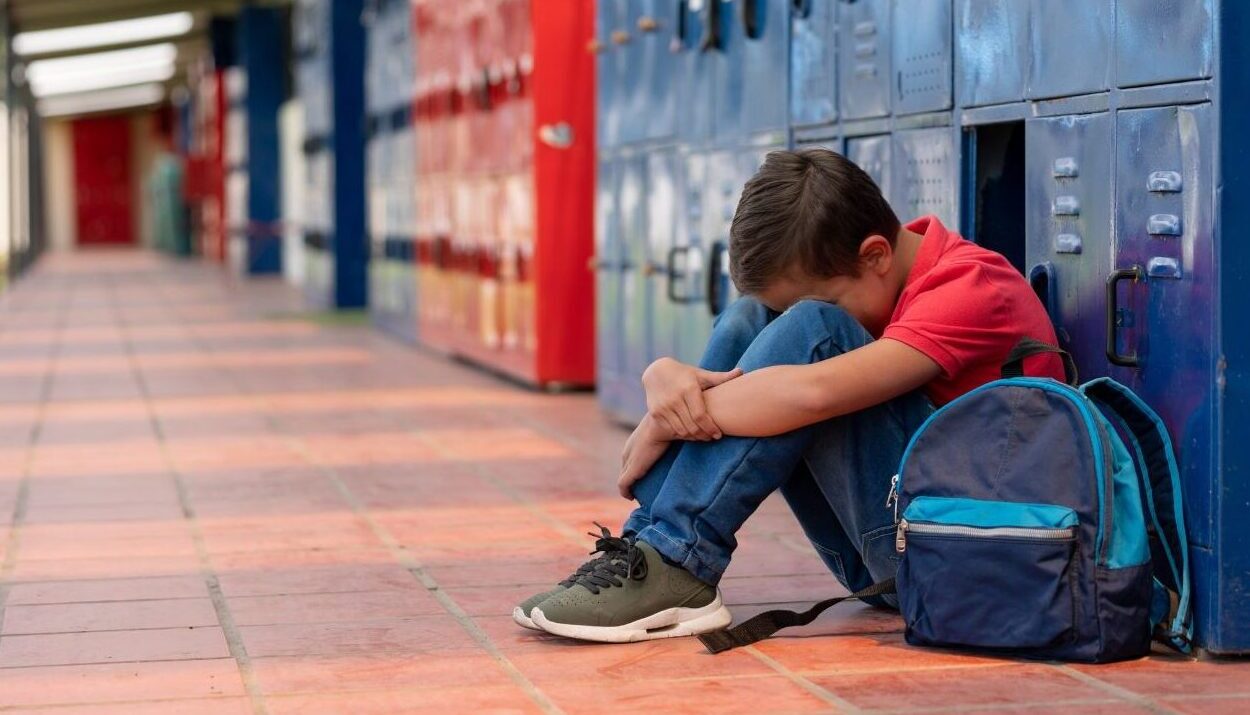
Bullying was our focus for June, with Welsh Government consulting on new anti-bullying guidance for schools. Bullying is a consitent priority issue for children and young people, and has been the focus of numerous pieces of work for the Children’s Commissioner over previous years.
Here are some of the key things we learned in our survey:
- A signficant number of children (27%) were unaware of their school’s anti-bullying policy and almost half (47%) didn’t know if there was a children’s version
- Interactive formats scored highly from children when asked about how they would want to learn about their school’s anti-bullying policy, with 56% calling for explainer videos, over half (51%) wanting presentations in assembly and 44% suggesting games that help them to understand the policy
Our data also told us that a number of young people (35%) thought an anti bullying policy should include information on what to do if you think you’re a bully. The information for this kind of support is notably missing from the updated guidance.
“If we have [to have] a safe space it’s just proof that action is not being taken as the school should be the safe space.” – Young LGBTQ+ person, North Wales
On top of our survey work, we’ve met with groups of young people to hear their views on the new guidance and on current anti-bullying measures. Discussion themes have included:
- making sure the guidance gives equal attention to all learners
- ensuring consistent support in schools
- taking bullying more seriously
- help for parents on supporting young people
- the role of positive parenting
The Commissioner will share children’s views with the Welsh Government as part of their consultation on new guidance.
Screentime
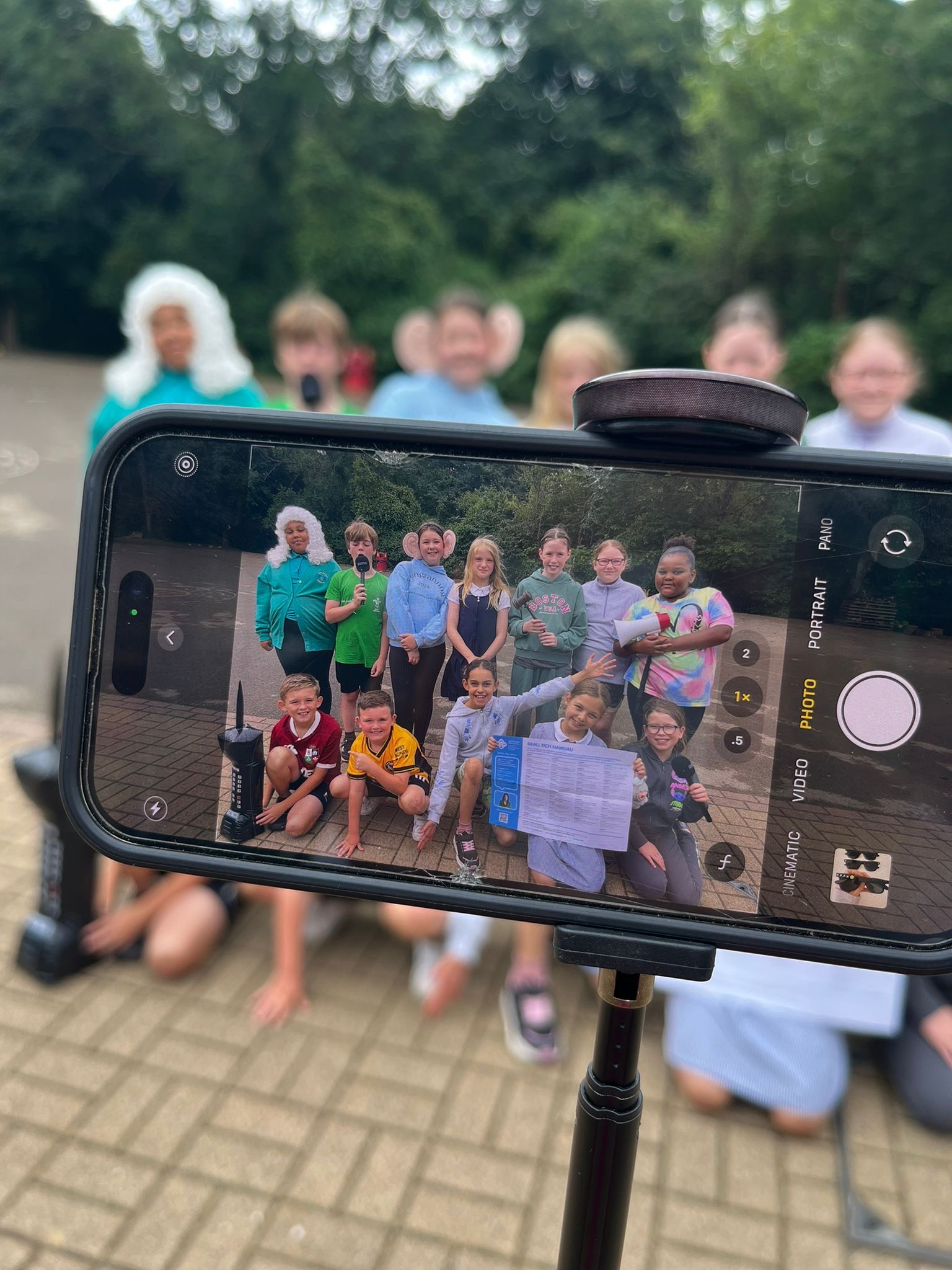
Our ongoing survey of children on screentime, running until the end of August, has raised some important points on screentime and in-app wellbeing features.
Here’s what we’ve heard so far:
- 20% of children answering the survey have said they spend 7 hours or more a day online
- 70% who said they use TikTok have switched off a default app feature that limits usage to 1 hour a day
- 30% would support a 2-hour limit on social media apps
- 32% thought they spent too long on devices
The Commissioner shared these early findings in a news piece marking the beginning of new rules for digital companies on keeping children safe online, emphasising the need for a societal focus on achieving a healthy balance of screen time and offline activities.
Behaviour in Schools
Pupil behaviour has been an increasingly prominent topic over the past year, with many sharing views on the scale of the issue and potential solutions. In a new position paper, the Commissioner brings together some key perspectives from across Wales, reflects on Welsh Government’s Learner Behaviour Summit, and presents her calls for change.
Participation Structures
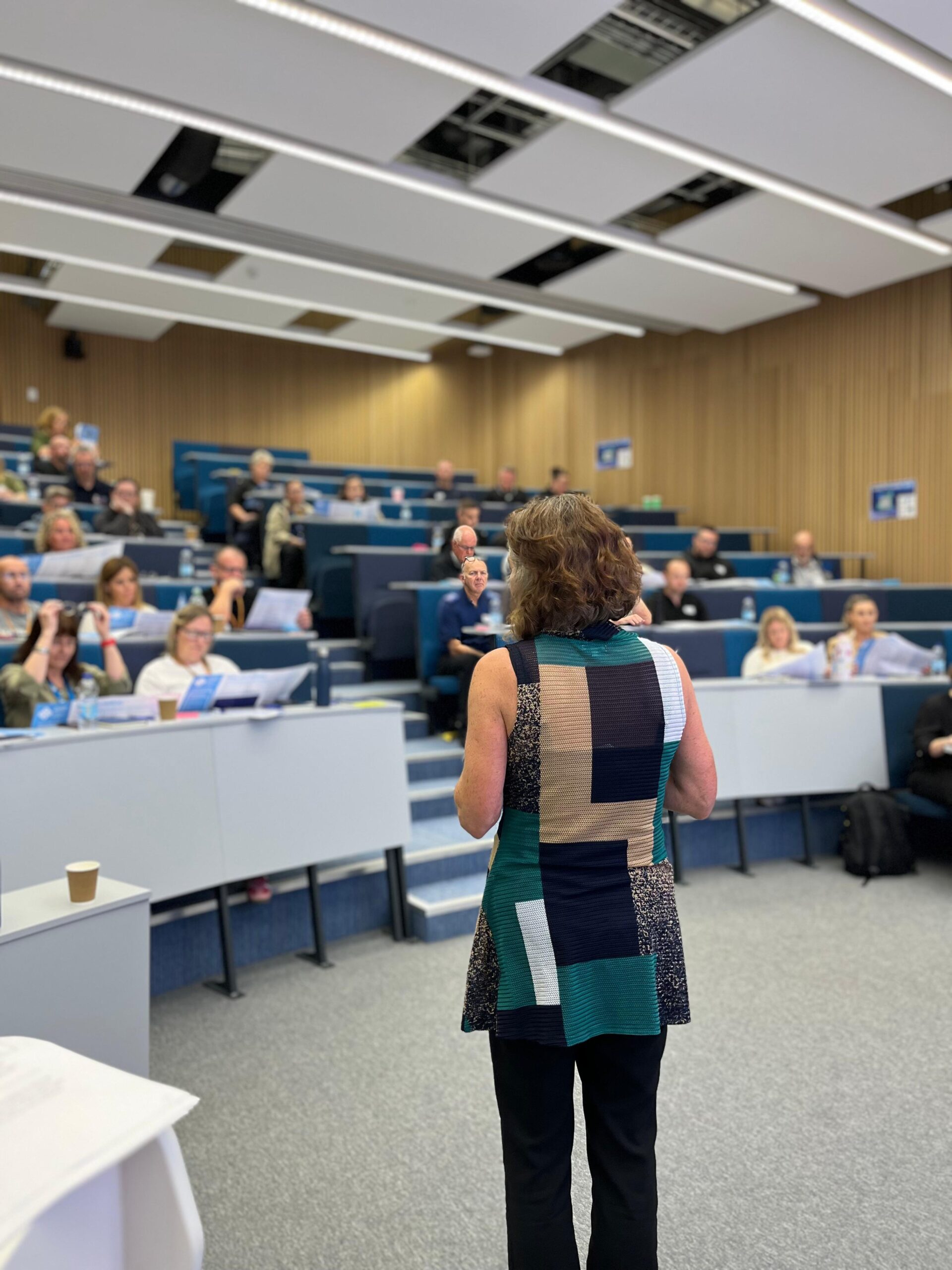
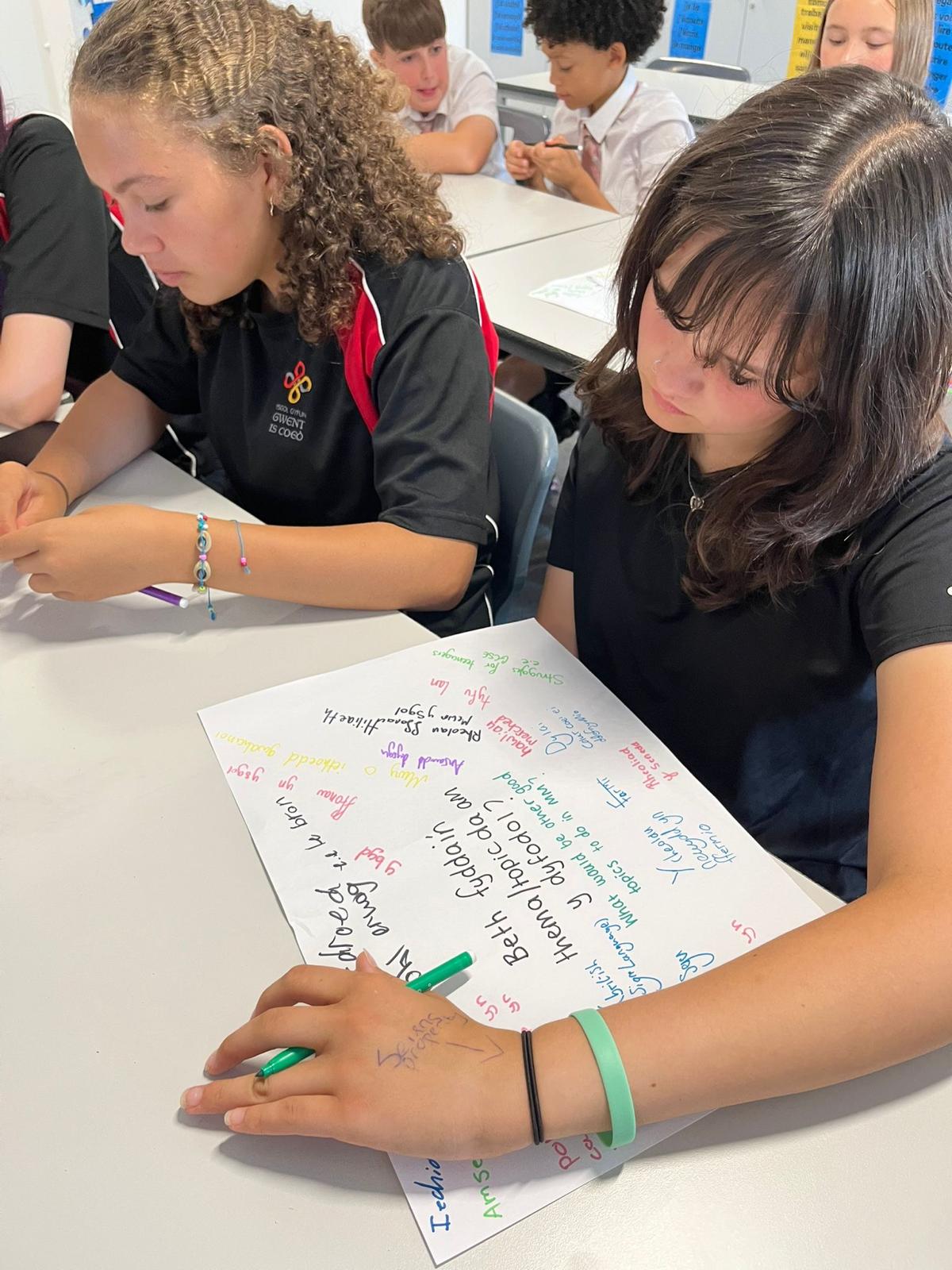
How well can children have their say in the decisions that affect them? It’s a key question we’re asking this year as part of our national review of local participation structures in Wales. So far, 18 local authorities have told us about participation in their areas: how it’s delivered, how it’s evaluated, and the barriers.
What have we heard so far?
Local authorities have told us that some common barriers to participation include:
- Staff capacity and skills
- Internal structures and ways of working
- Young people’s confidence to take part
- Practical issues like availability of travel, or time to take part
Next Steps
We’re meeting face-to-face with each local authority over the coming months to delve deeper under the survey responses. Our goal is to promote good practice, highlight the barriers to effective participation, help find the solutions, and ultimately to improve children’s experiences of participation across Wales.
Mental Health Roundtables – Report Published

In December 2024 and January 2025, we held 4 focus group sessions with young people; and 3 roundtable events with professionals from across the statutory and third sector, discussing 5 key themes on mental health:
Definition and language around mental health, and emotional wellbeing
Community-based support for mental health and emotional wellbeing
School-based support for mental health and emotional wellbeing
Specialist services and support for children with complex needs
Priorities and key messages for the Commissioner to take to Welsh Government
Read our subsequent report and our five key recommendations to the Welsh Government.
Advice and Assistance Service – Reflections on recent case work
Access to play, and school transport
Leading into the summer months we’ve had contact from families on a range of issues, including access to play opportunities for those with additional needs and / or disabilities. Many families are also worrying about access to school transport ahead of the new academic year, in light of cuts in provision across local authorities. You can read our position paper on this on our website.
Specialist education placements
There has been an increase in contact from families where children and young people have been identified as needing specialist education placements. However, with settings often full and placements not available, this is another example of how the current system isn’t working for young people with Additional Learning Needs. The Commissioner will be renewing her calls for an overhaul in this area when she publishes her Manifesto for change in September, ahead of the Senedd election.
“Rwy’n ddiolchgar am eich ymateb cynhwysfawr yn arbennig y gwybodaeth ynglyn a Mesur Plant a Theuluoedd.”
“Staff have always been friendly and knowledgeable.”
Diolch || Thanks for reading!
We’ll publish our next quarterly impact paper in the autumn.

